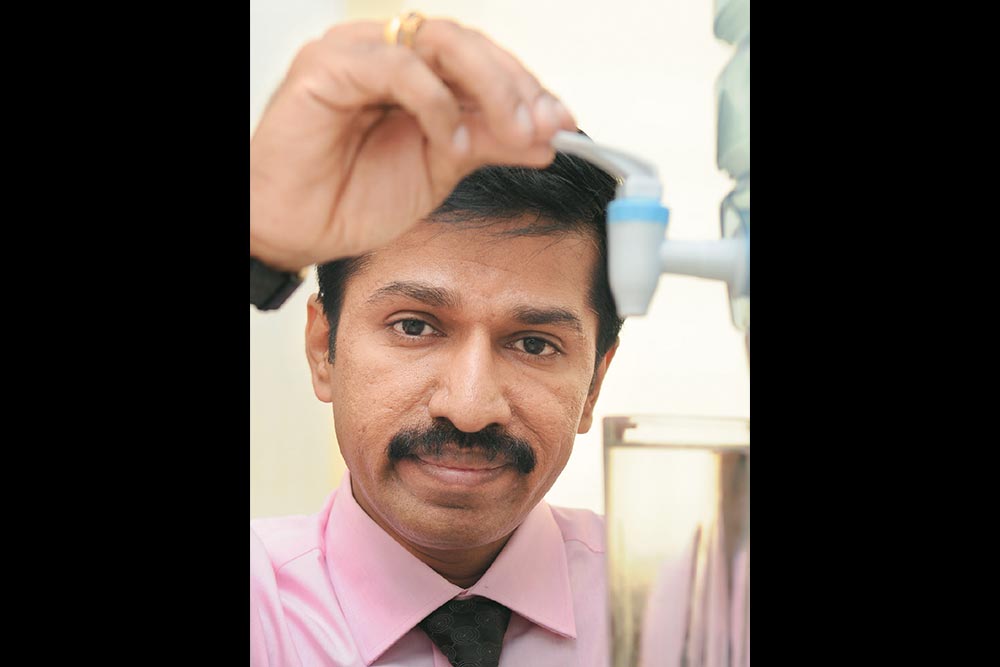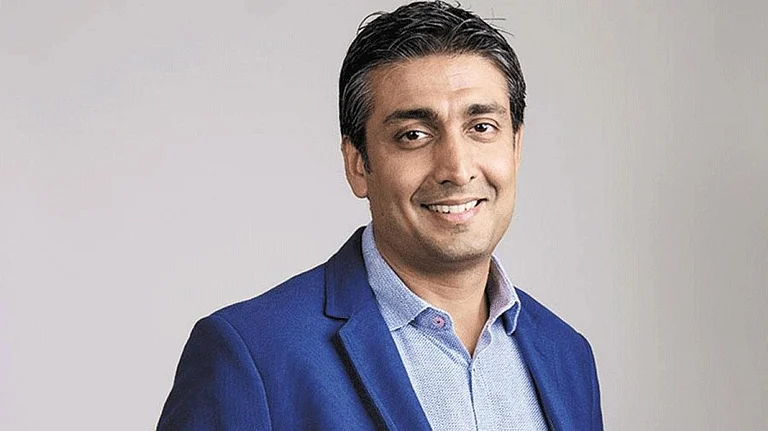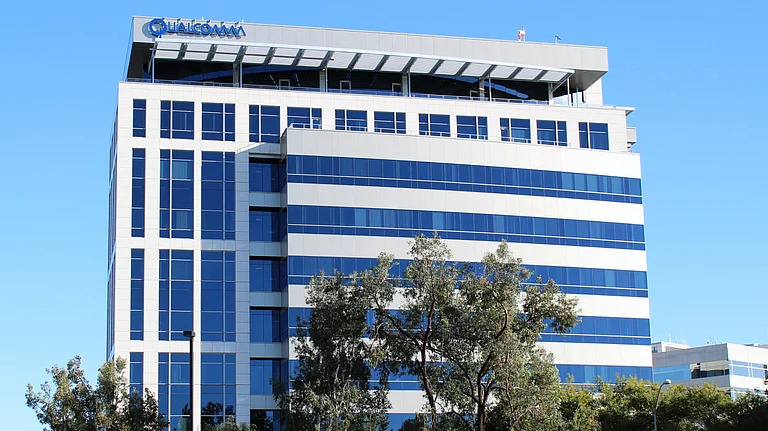Water is tasteless but for private equity in India, it seems to be the flavour of the season. Last year, Singapore-based CLSA Capital Partners invested ₹83 crore in waste water treatment company Earth Water Group and in July this year, invested ₹55 crore in Gurgaon-based Luminous Water Technologies. A couple of months ago, Matrix Partners’ put in ₹22 crore in water purifications solutions provider Waterlife India. And in June, Capvent picked up a 51% stake in Chennai-based water engineering company Morf India.
Given India’s population and issues relating to hygiene, health and sanitation, the interest in the sector is understandable. But, within the sector, it is water purifiers that are investors’ favourites thanks to their high retail potential. Mahesh Gupta, chairman, Kent RO Systems, which has a 40% share of the water purifiers market, says the big opportunity is on the back of worsening quality of water with dissolved impurities. “This has serious health hazards and has increased the demand for water purifiers,” he thinks.
Which also explains why Swiss PE Capvent invested a reported ₹10-12 crore in a small Chennai company such as Morf. Last year, the company entered into a five-year licensing deal with Electrolux to make and sell its Kelvinator brand of water purifiers in India and Sri Lanka. (The Swedish multinational also has a deal with Kent RO to sell its premium water purifiers.) Morf India MD MV Praveen expects the water purifiers category to double in size in the next few years from the current ₹3,800 crore to about ₹7,000 crore. “The opportunity here is that there are only a handful of brands in the growing market,” he adds.
Already, the numbers seem to be playing out, with margins at overall Ebitda level around 14%. From ₹10 crore in FY13, revenue is expected to hit ₹42 crore this year, 70% of it coming from consumer-related business, up from 60% now — Morf aims to sell 30,000 units of Kelvinator Ayoni this year, up from 5,600 in FY13. The plan now is to be present in every price segment, from ₹1,200 to ₹16,000 (Electrolux reigns above that price point). South India, where Morf operates, is dominated by three brands — market leader Eureka Forbes, Kent RO and Hindustan Unilever’s Swach.
The unorganised segment, though, accounts for about 30% of the market and that is where Morf hopes to find customers. The money from Capvent (whose portfolio includes Carnation Auto and Ratnakar Bank) will be used to go national. “We will also launch a slew of new products over the next three years,” says Praveen.
Perhaps not everybody is looking for funding. Kent RO’s Gupta, for instance, says, “The company is adequately funded at this point, so we don’t need outside finance.” But going by anecdotal evidence, that’s the exception that proves the rule.











